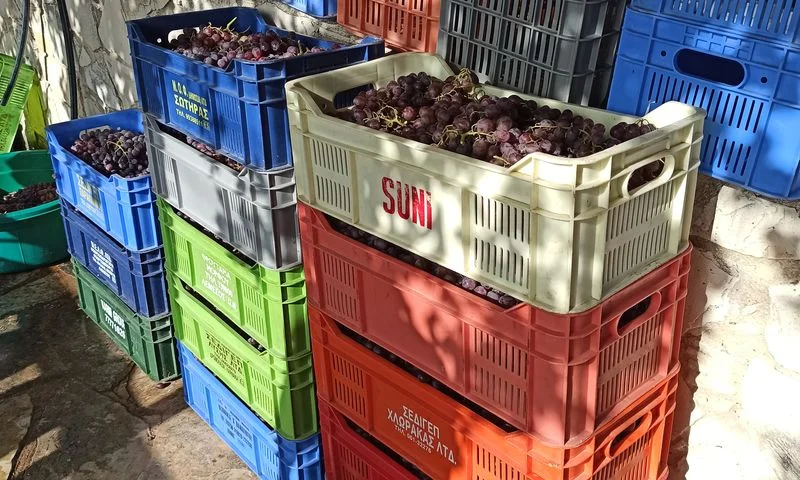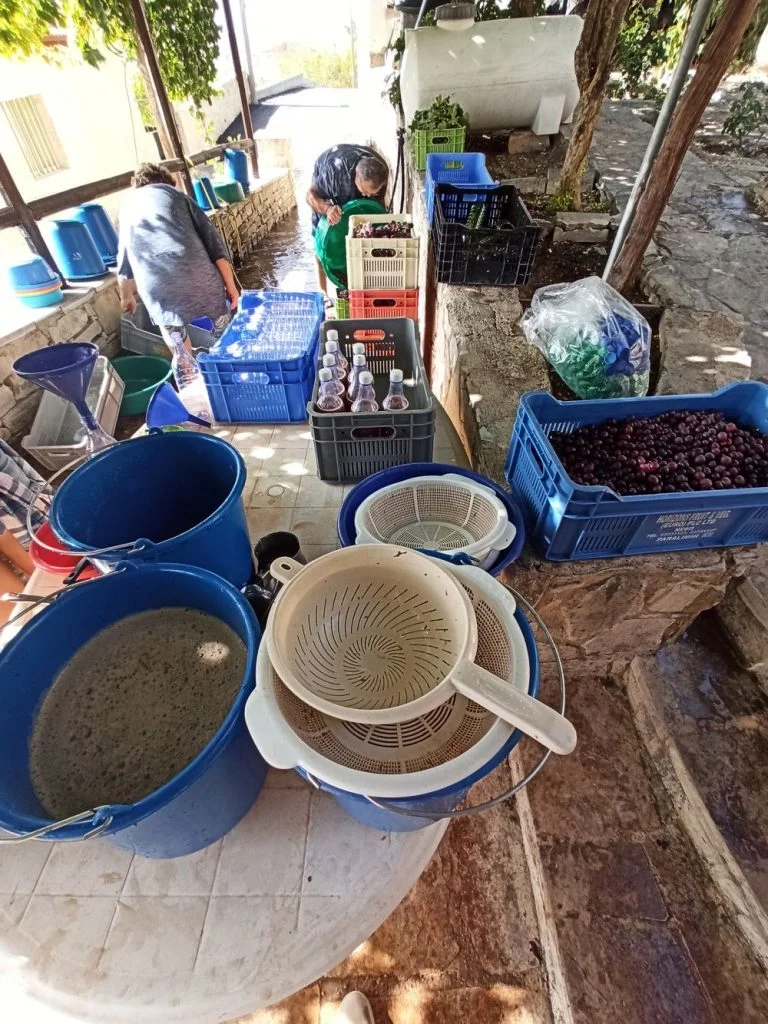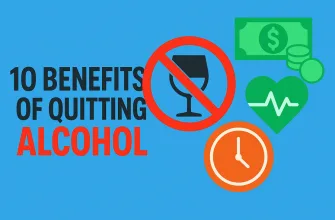Once in Cyprus, I had the opportunity — and even the honor — to help make grape juice in the village of Vasa (Βάσα).

We placed the harvested grapes into the juicers, drained the juice, collected the pulp, and ran it through the juicer again (up to 3-4 times).
Then I noticed that the freshly pressed grape juice was immediately put in the freezer. Immediately. Almost instantly. I was curious why the local vineyard owners were so eager to chill the juice to subzero temperatures.

They explained to me. Freshly pressed grape juice begins to ferment almost immediately, especially if left under the hot Mediterranean sun. At the end of the “work,” they took several bottles of juice out of the freezers and packed them into thermal bags for us. However, even these precautions didn’t prevent a few bottles from slightly fermenting during our hour-long trip home. If I hadn’t quit drinking alcohol a few years ago, I might not have even noticed the slight alcohol content, but living sober definitely makes a difference.
Fortunately, most of the product remained as juice and didn’t turn into young wine! )))
And then I realized that the love many Mediterranean, Caucasian, French, and other “warm” countries have for wine isn’t just a random choice. They often had no other option. Refrigeration didn’t exist back then. It was either drinking water of questionable quality (its purity was hard to ensure in the past) or slightly fermented fruit and berry juice, which seemed to contain fewer impurities and dangerous elements. This became a habit, a culture, a tradition. That’s why they still sip it to this day…)
As they say, it’s a matter of historical development.















